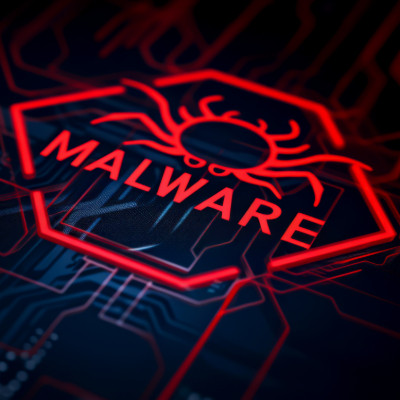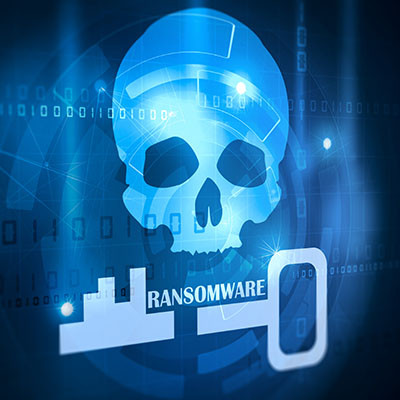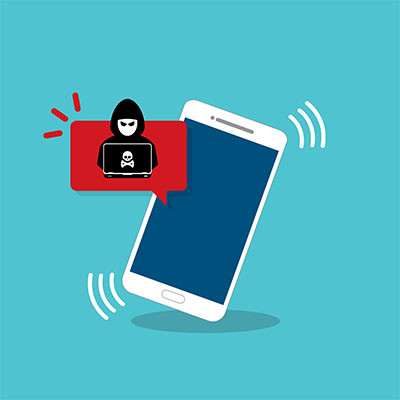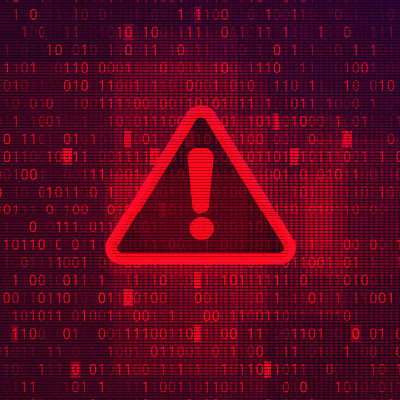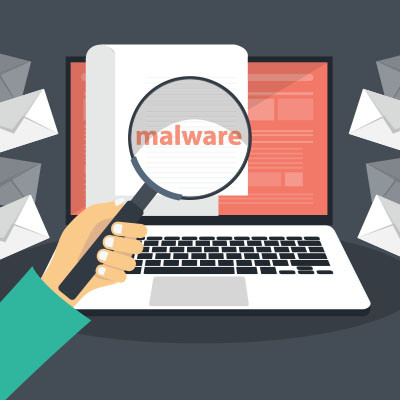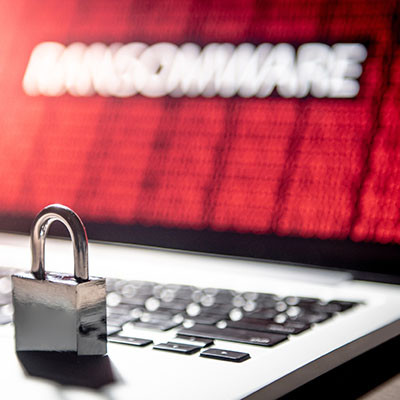Antivirus is great and all, but it’s important in business to acknowledge that not all solutions you implement are equal. What seems like a good deal could actually put your business at risk. If your antivirus isn’t reliable, you can’t continue with business with the assurance that everything will be okay.
USA Computer Services Blog
Here’s a fun thought experiment; can your team identify phishing scams and respond to them appropriately? It’s a skill that must be learned if you want your organization to be successful and safe. Today, we’re taking a look at the three big signs you’re looking at a phishing scam (and what to do about it).
Hope can be enough to keep you moving forward, even when the world feels heavy and dark. While it’s good to keep hope in your heart as a light to help you push onward, it’s not a very good cybersecurity strategy. Hope won’t stop a data breach, a ransomware attack, or a phishing scam, and it certainly won’t keep you safe when cybercriminals only need one slip-up from anyone in your office to ruin your day.
Mobile malware doesn’t get talked about a lot, and that’s because it’s relatively uncommon compared to others, but it’s still just as dangerous. Crocodilus, a new Trojan on the Android platform, is one such example. Today, we want to cover how you can address this new variant and avoid contact with it.
Malware can be scary to talk about, but it’s a topic that you should be intimately familiar with, or at least aware of, if you want to keep your business running. These days, you can’t do much of anything online without potentially exposing yourself and your organization to a security risk. Today, we want to explore the different types of malware you might encounter and why it’s so important to take action today to limit their influence on your business.
We wanted to switch things up for today’s article and try writing a daytime soap opera instead of our usual blog. Please feel free to read the following with dramatic string music in the background and all dialogue as whispered, bellowed, or forced through clenched teeth by a cast of longstanding characters.
The populace of quiet Oak Falls… so many simply trying to make an honest living, doing their best just to exist. Unfortunately, even the size of this peaceful little coastal town isn’t enough to keep out modern threats, making many of Oak Falls’ residents… The Innocent Targets.
Unfortunately, cybersecurity is one of the most important topics to consider in today’s business world. A recent survey has shown that the majority of security leaders—approximately 67% of those surveyed—don’t know what caused a cybersecurity incident at their business. This is a shockingly high number that cannot be ignored, so let’s look at why data breaches are so challenging to identify and address.
If you’re not familiar with ransomware, we wish we lived in the same universe you’ve been living in the past decade. It’s a serious problem for all types and sizes of businesses, not to mention its impact on individuals, governments, and world organizations. Today, we want to go over some of the latest ransomware tactics in use as of 2024.
Mobile malware might not have a lot of attention on it, but it can be a significant problem for organizations that rely on smartphones. This goes double for small businesses that typically don’t have the large teams and big budgets for their mobile strategies that include devices, data and phone plans, and security controls. Today, we’ll look at mobile malware and how an organization with a limited budget can keep it from impacting its business.
If you’re in the know about cybersecurity and, specifically, mobile malware, you might have heard the name XLoader in the past. The malware has gone through considerable versions and variations, allowing it to steal information from users in more than seven countries, but the most recent is incredibly scary.
2023 was a banner year for AI (Artificial Intelligence), as it truly entered the zeitgeist in a way that it previously had failed to. Many companies and industries have considered ways to implement AI and make it part of their operations, while others might be fearful of it for its role in job scarcity. However, 2024 might show businesses that they should be worried about AI for a reason you might not have anticipated: AI-generated cyberthreats.
Remember the era when antivirus software, like most computer programs, came packaged in hefty textbook-sized boxes on store shelves? Fortunately, those days are over. Today, there are a myriad of antivirus options available with a very basic Google search. Having so many options can overwhelm someone looking for basic protection for themselves, so today we thought we would look at free antivirus and whether or not it can be an option.
Perhaps the most dangerous and notorious modern malware, ransomware affects businesses and industries without any regard to size or scope. It can even impact individual users and get away with it. We urge businesses to consider the other dangers associated with ransomware beyond just paying the ransom, as they extend far beyond and could have lasting impacts on your operations.
The more complex and robust your IT infrastructure is, the greater the chances that it will undergo a system failure. Basically, according to Murphy’s Law, if something can go wrong, you should expect it to go wrong. To counteract this mentality with real, tangible methods that you can control, you’ll want to implement solutions that prioritize redundancy. This week’s blog is all about how you can build redundancy into your infrastructure through the use of data backup and restoration systems.
We throw around the term “ransomware” an awful lot, and while we’re confident that most people have some level of familiarity with the concept at this point, it is important that we acknowledge that not everyone has our experience in dealing with it. As such, we wanted to answer some of the questions we hear fairly often about ransomware.
As one of the world’s most popular messaging applications, WhatsApp is a well-known tool, even in the business world. More notable is that WhatsApp—a platform known for its end-to-end encryption and security—now has a modified and unofficial version called YoWhatsApp, which has been deploying malware to unsuspecting users.
Malware has plagued anyone using technology for a long time, and while security has certainly gone a long way toward protecting users from malware, so too have the threats grown more powerful and dangerous—especially for businesses. Let’s take a look at some common ways individuals might find themselves with a malware problem.






